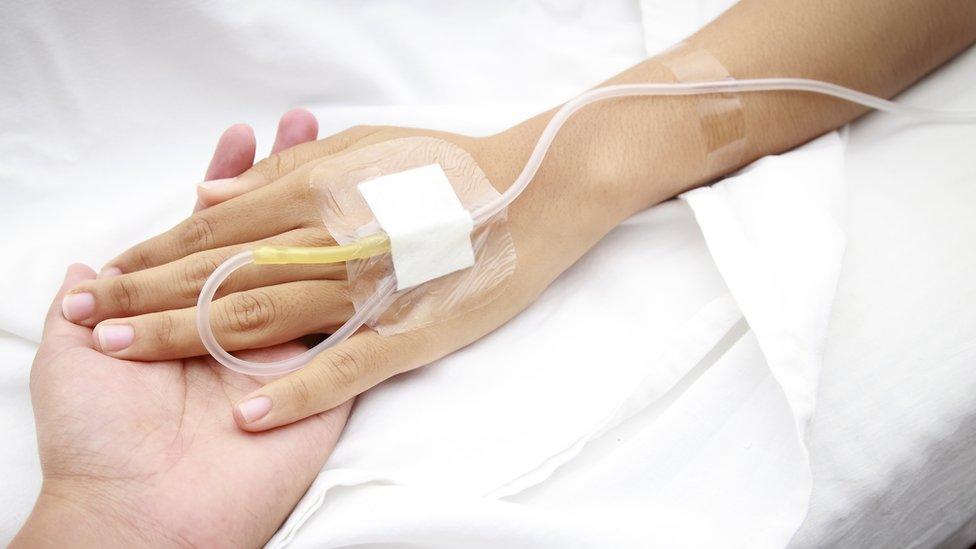Consistency pledge after NHS Tayside lower dose chemotherapy probe
- Published
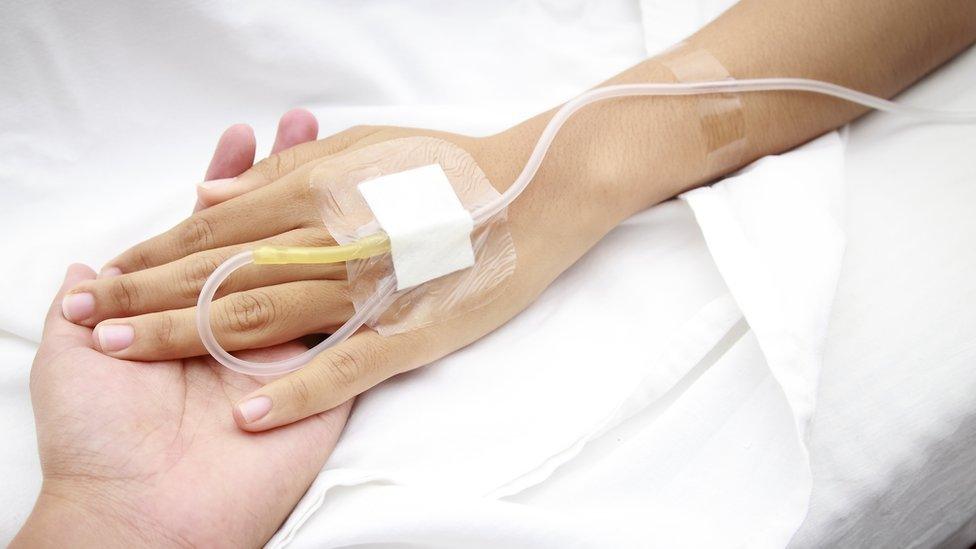
More consistent treatment for cancer patients has been promised after a probe into why patients in Tayside were given lower doses of chemotheraphy.
An advisory group was set up after it emerged NHS Tayside lowered dosages to 304 patients, 14 of whom later died, in order to reduce side effects.
It recommends patients be "explicitly informed" of any variance from generally accepted practice.
The Scottish government said it accepted the 19 recommendations.
The Immediate Review Group (IRG) and Independent Advisory Group (IAG) produced two reports after it emerged that patients in Tayside had been receiving lower chemotherapy levels since December 2016.
The first said the decision lacked "challenge or consultation", while the second report assessed the clinical risk from this variation in practice.
The IRG said there was increased risk of cancer recurrence for one patient per year as a result.
NHS Tayside said at the time it "fully accepted" the report's findings and had brought its breast cancer chemotherapy doses back in line with other Scottish health boards.
Patient's record
Following the publications earlier this year, the Independent Advisory Group was set to make recommendations for best practice , externalin the NHS across Scotland.
One of them is that patients must be "explicitly informed" of any variance from generally-accepted standard of systematic anti-cancer therapy clinical practice for informed consent to take place.
It said: "The risks of treatment should also be discussed and this discussion recorded in the patient's record."
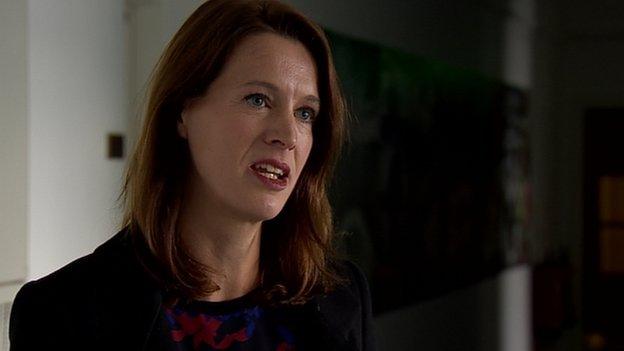
Catherine Calderwood said the recommendations will ensure patients across Scotland have consistency of care
Chief Medical Officer Dr Catherine Calderwood said: "The health secretary has welcomed these recommendations and in adopting them we will help ensure that cancer patients across Scotland have access to the same high level of care and treatment, regardless of where they live.
"Delivering on recommendations on informed patient consent is essential so that all cancer patients have the same high level of informed involvement in decision making about their care."
'New approach'
NHS Tayside's medical director Prof Peter Stonebridge said the board would continue to support patients and families who were affected by the treatment variations.
He said: "Following concerns raised about variations in treatment in Tayside earlier this year, I can reassure patients that the same chemotherapy dosage regimes are being offered to patients in Tayside as in the rest of Scotland and all patients are fully informed about the options available to them.
"Today's report sets out clear recommendations for cancer networks and teams across Scotland and we welcome the recommended new approach which will allow cancer networks across the country to work more closely together."
- Published5 April 2019
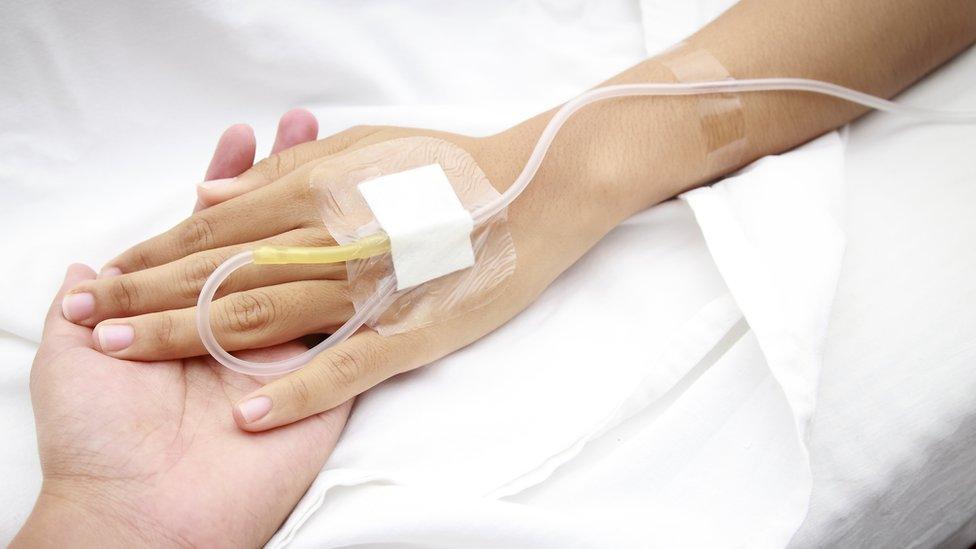
- Published16 April 2019
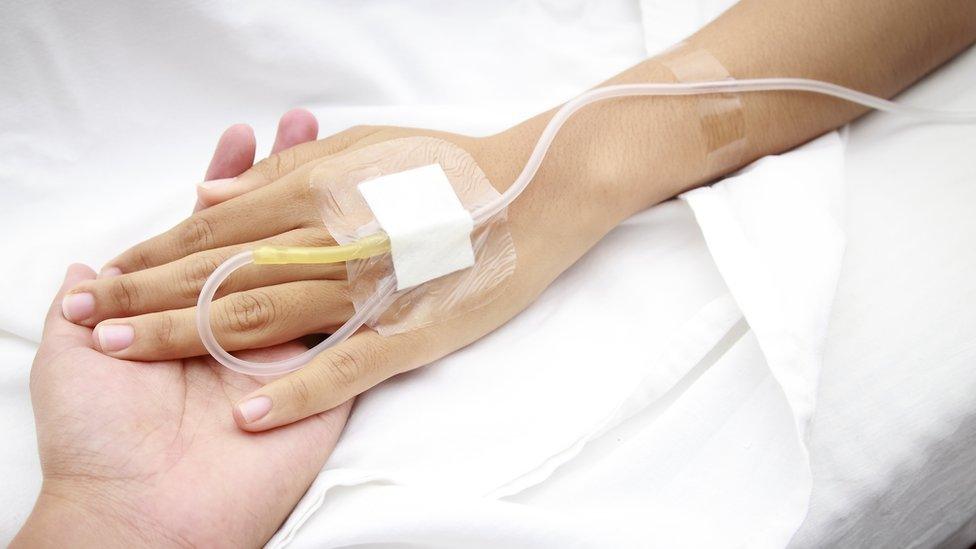
- Published1 April 2019
